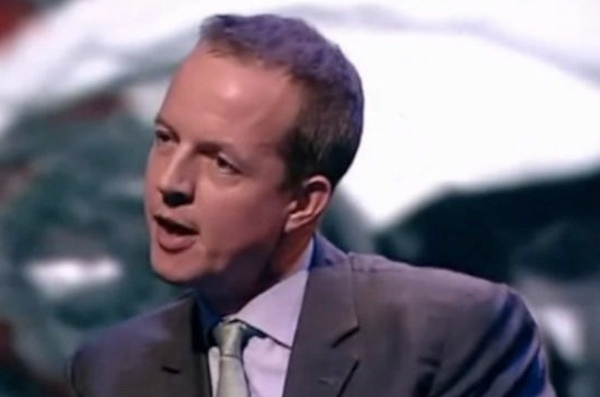Few people have been more important to Tory modernisation than Nick Boles. He co-founded Policy Exchange, the think tank that has developed most of its policy ideas, and has been a tireless—and tieless—advocate of it.
But one of the things that has always marked Boles out is his willingness to think and reflect. In an interview with The Spectator this week, Boles — who was promoted to the government in the last reshuffle — assesses what he and his fellow modernisers got right and wrong. He concedes that the modernisers lacked ‘a strong, economic message’ and that they became too carried away with ‘media zeitgeist’ issues like ‘chocolate oranges in W.H. Smith and some of the environmental messages and the work/life balance stuff’.
He reserves perhaps his strongest criticism though for the flirtation with Red Toryism, or as he puts it ‘that Phillip Blond nonsense, we indulged in.’ He goes out of his way to praise Tescos and co, Blond’s main target, declaring that ‘supermarkets have done more to promote the quality of life, the well-being, the happiness, all of those fluffy things that we put at the front and centre, than government has done in the past 20 years’.
But this is not to say that Boles has abandoned modernisation. He still argue that it is important that the party tries to deal with the reasons that some people will never consider voting for it. He argues that the Tories won’t attract the support they should from black and ethnic minority communities until they ‘cleared away a lot of the stuff over Enoch Powell and Macpherson and all those things that we never really, in my view, dealt with.’
Boles is, I think, right that these two agendas — the economic, cost of living and aspiration agenda and the one aimed at removing negatives about the party — have to go together. The Tory party won’t be believed when it says that it wants to ‘spread privilege’ unless voters think that it is a trustworthy party with good motives.







Comments